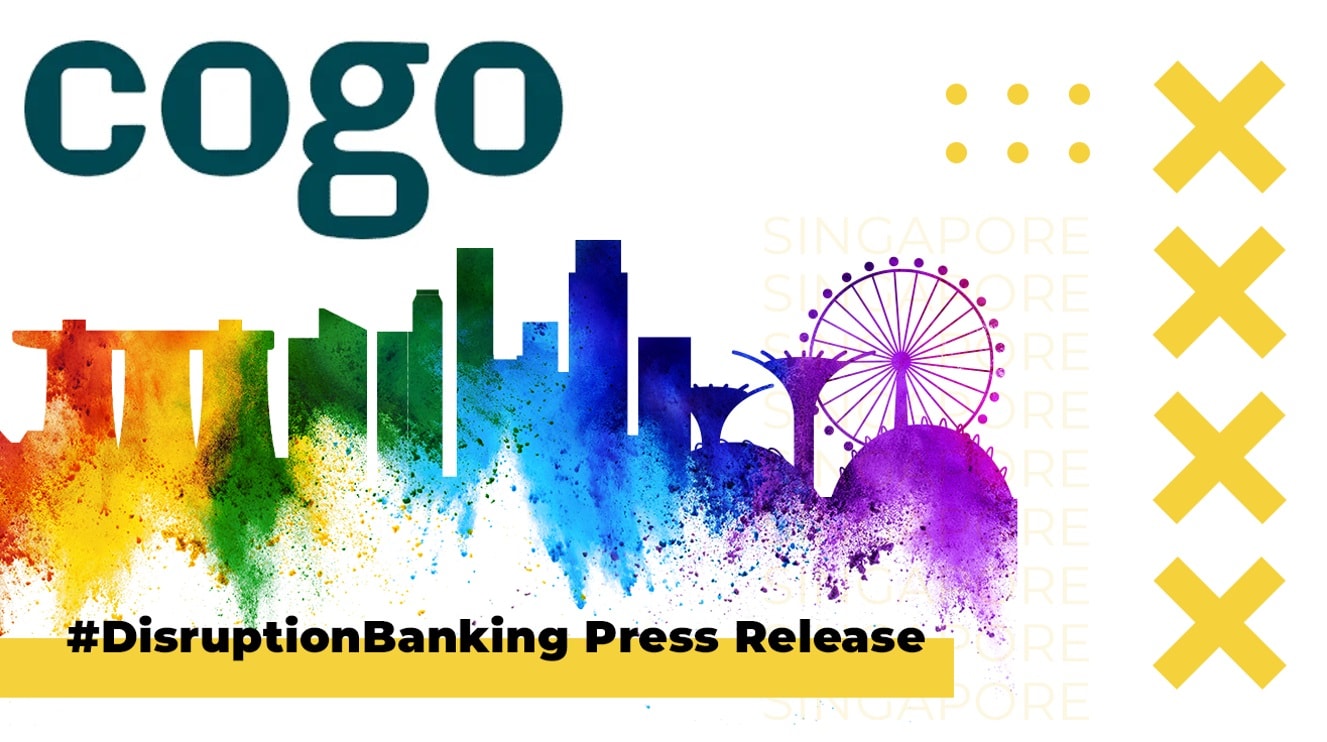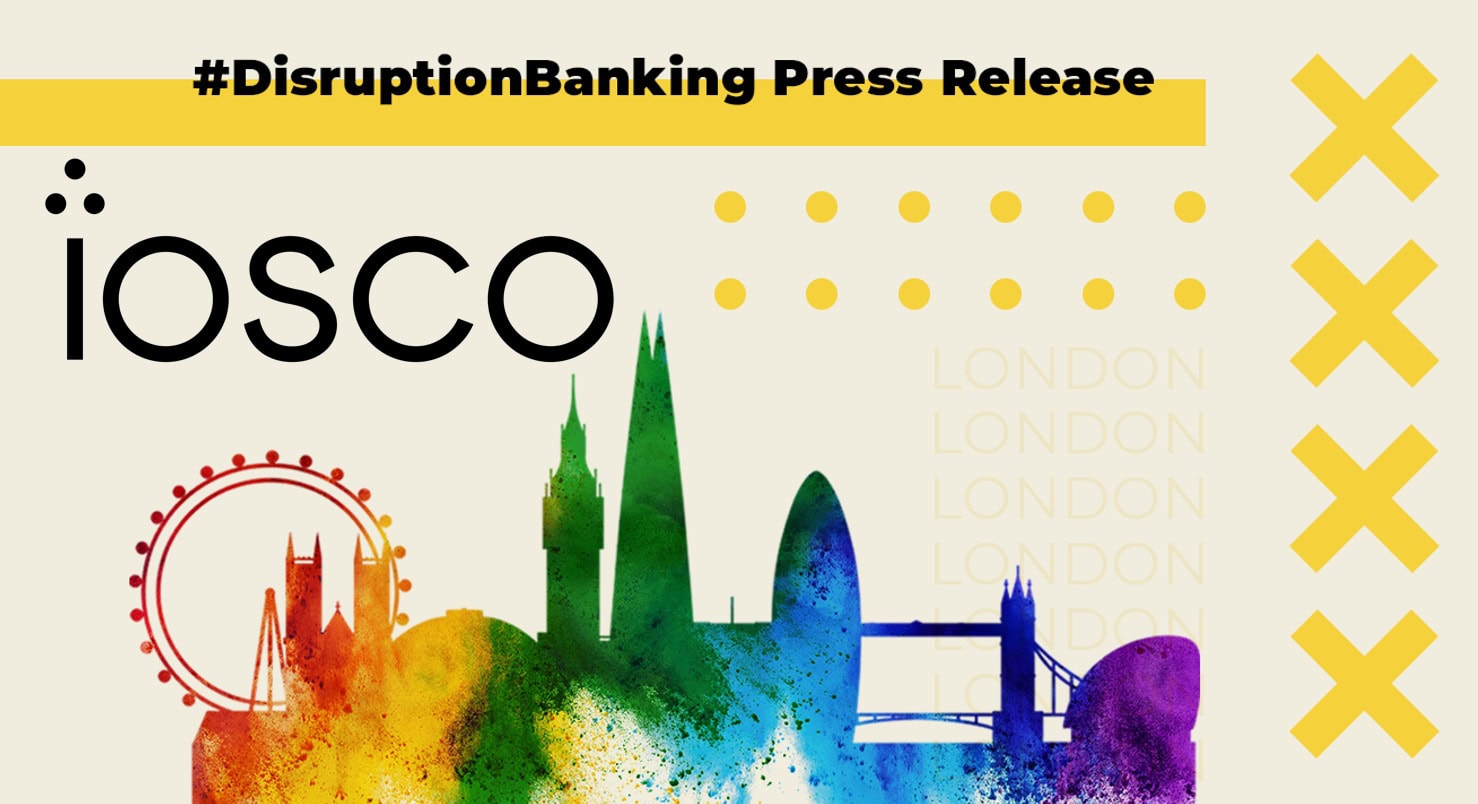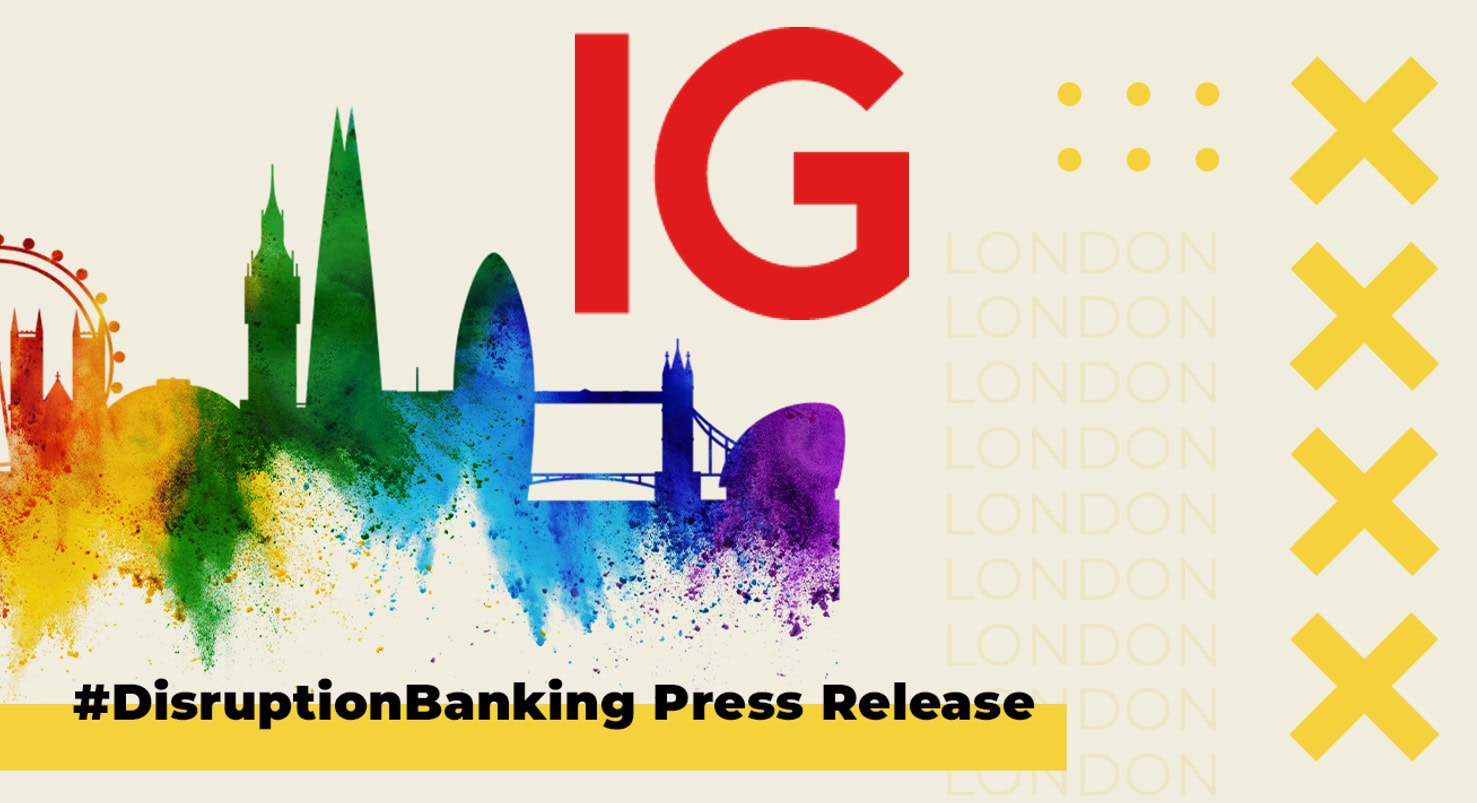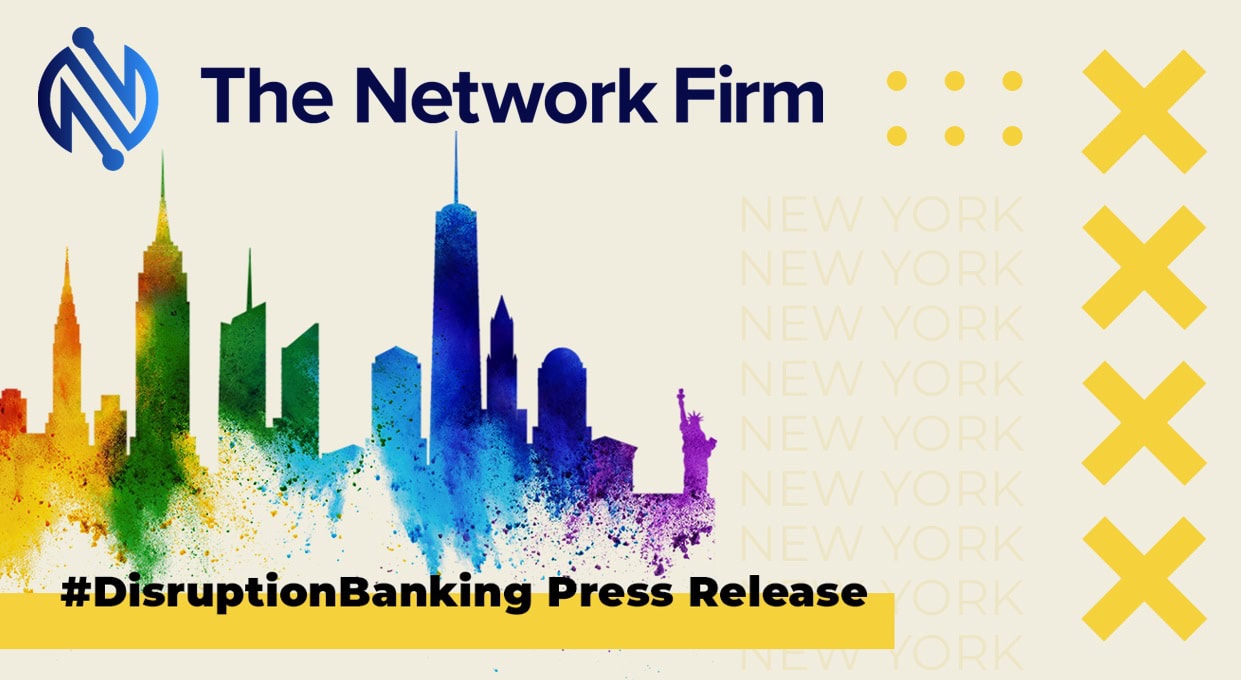25 October 2023, Auckland – Carbon footprint management fintech Cogo, which works with banks to help customers measure, understand and reduce their carbon impact, is pleased to announce that it will be on the ESG stage at the Singapore Fintech Festival 2023 (15-17 Nov). Cogo is a leader amongst fintechs working to ensure a more climate friendly banking future and provides in-app carbon footprinting functionality for banks and accounting platforms globally.
Cogo’s Founder and CEO Ben Gleisner will speak on a panel exploring why investment into ESG-focused fintech has bucked the headwinds faced by other fintech segments, garnering a proportionately large percentage of investment.
“Many markets are ready for dramatic shifts towards sustainability; and startups who provide the right tools are well positioned to lead in this space. Cogo’s focus on empowering hundreds of millions of individuals and businesses across the world to be more conscious of the impact of their spend on people and the planet is a great example of the kind of systemic change investors are looking for,” said Gleisner.
Increasing demand for greener banking from Asian consumers
Cogo believes customers are looking for greater transparency around their spending footprint. Late last year, Kantar revealed that an astounding 58% of Asian consumers feel they have been personally affected by environmental issues and went on to state that “Consumers want brands to embrace this new mindset and sensibility and help them in their journey. They are looking for social and environmental purpose.” What’s more, 85% of Singaporean consumers would like access to carbon footprint information within their bank app (DBS Consumer Sustainability Survey 2021).
“Cogo’s technology has the opportunity to impact Asia’s entire carbon footprint by enabling repeatable, purposeful exchanges between the two biggest global contributors to over-consumption: businesses and consumers. We’re currently in discussions with several of Asia’s biggest banks around carbon footprint integration, amidst increasing demand from consumers and businesses for transparency around this kind of data,” says Gleisner.














